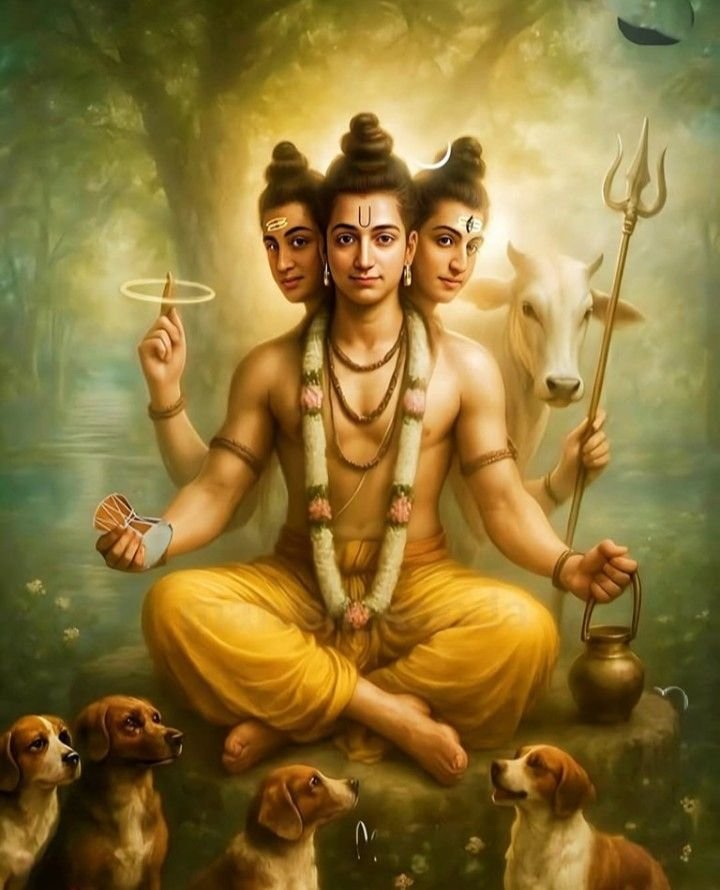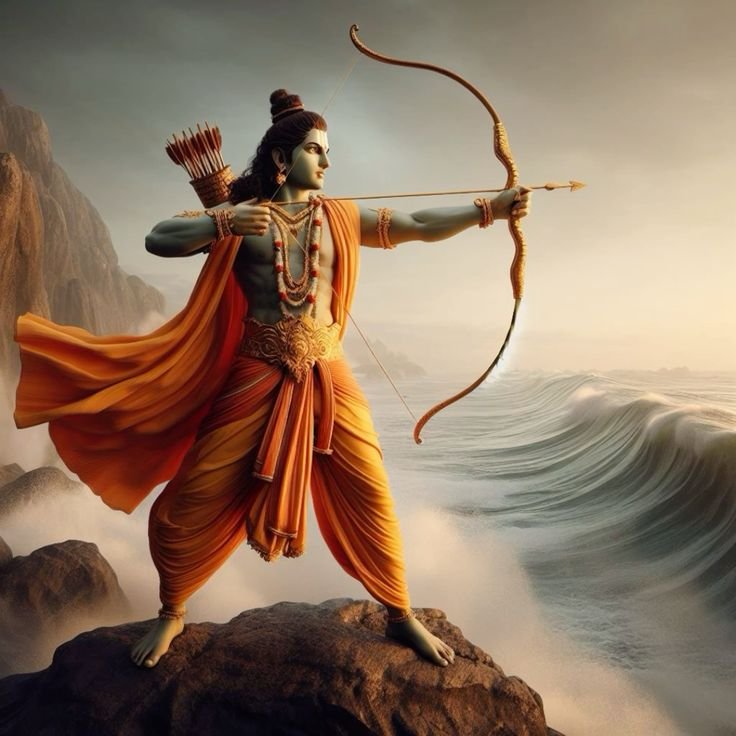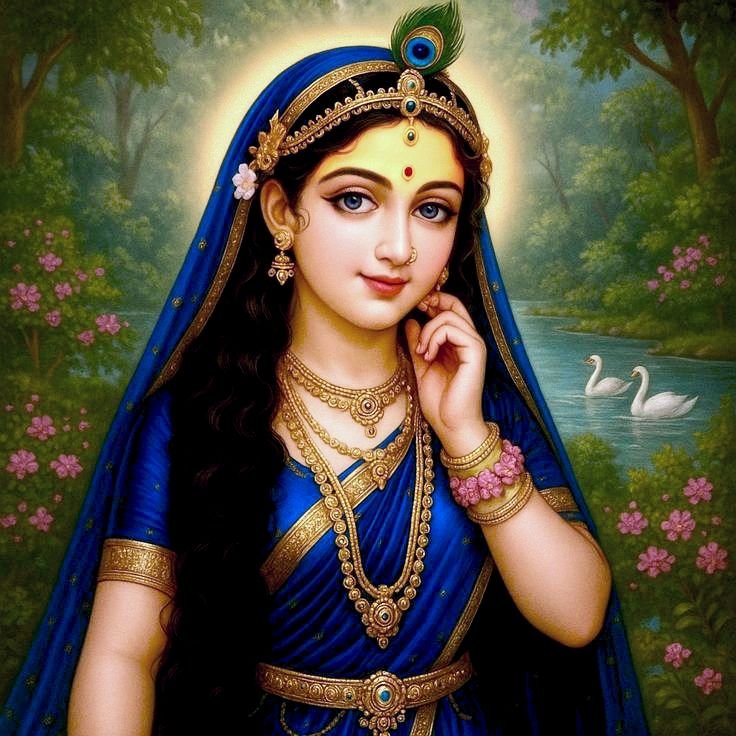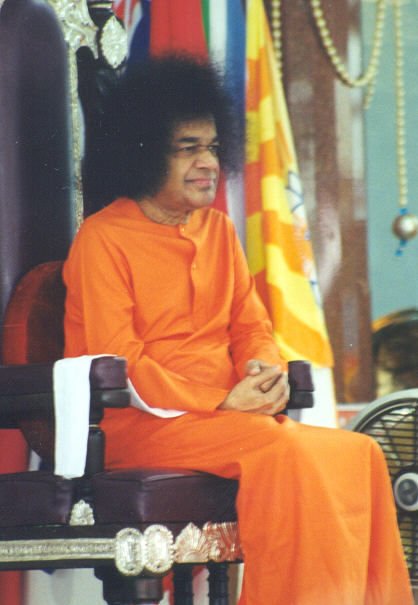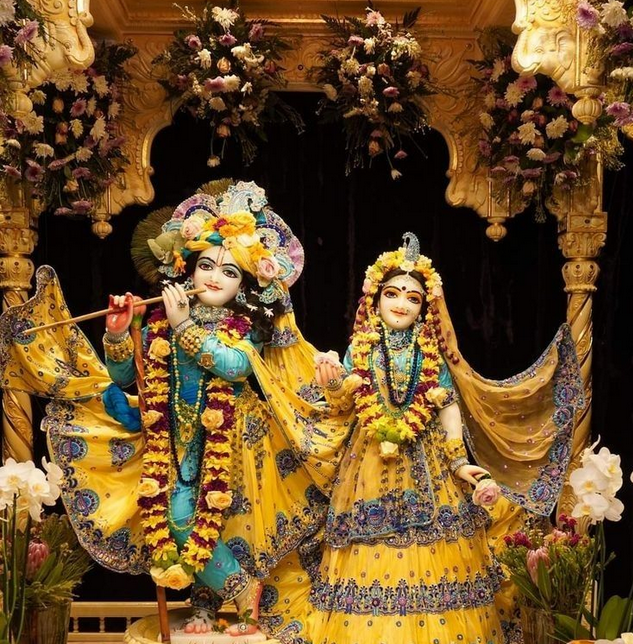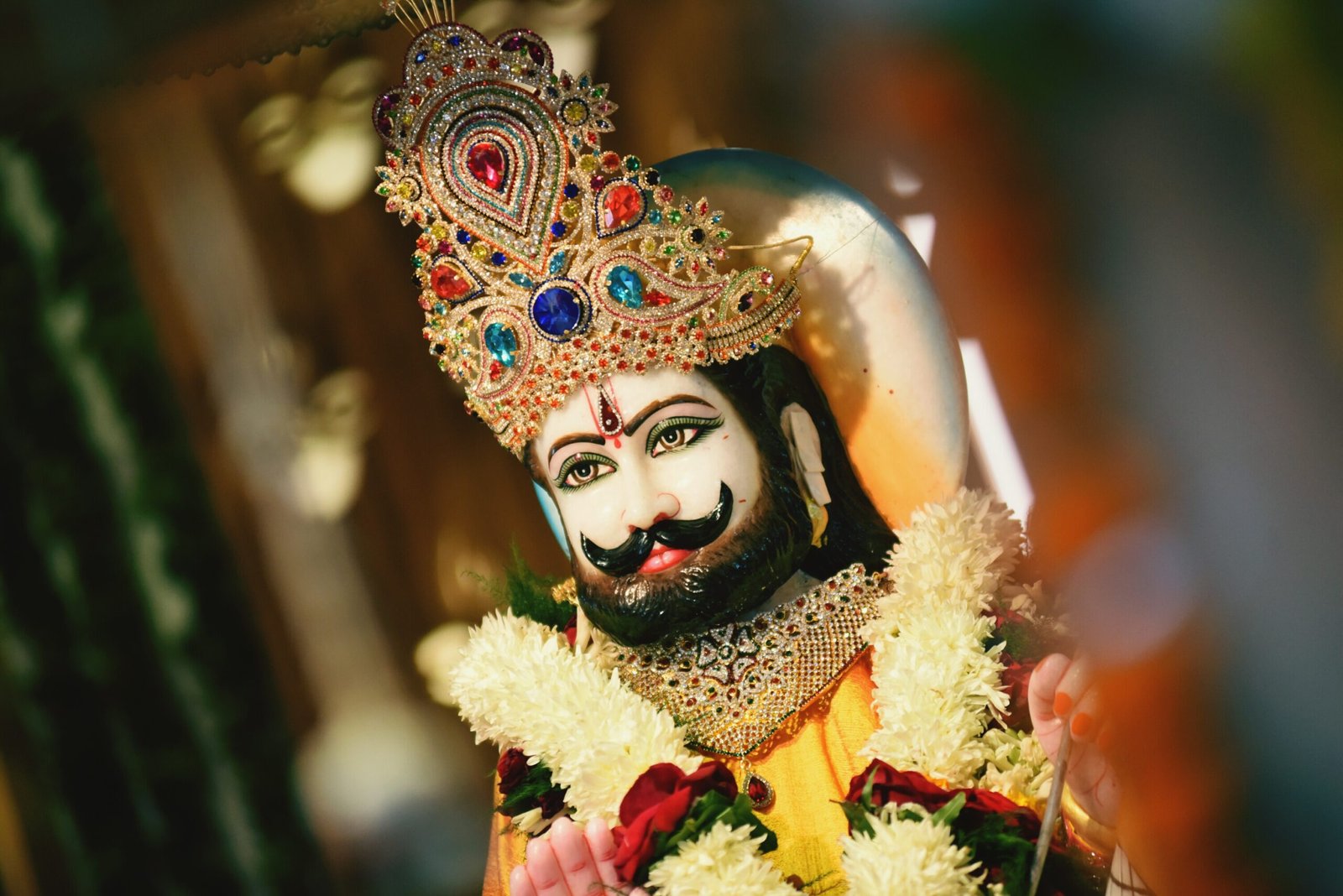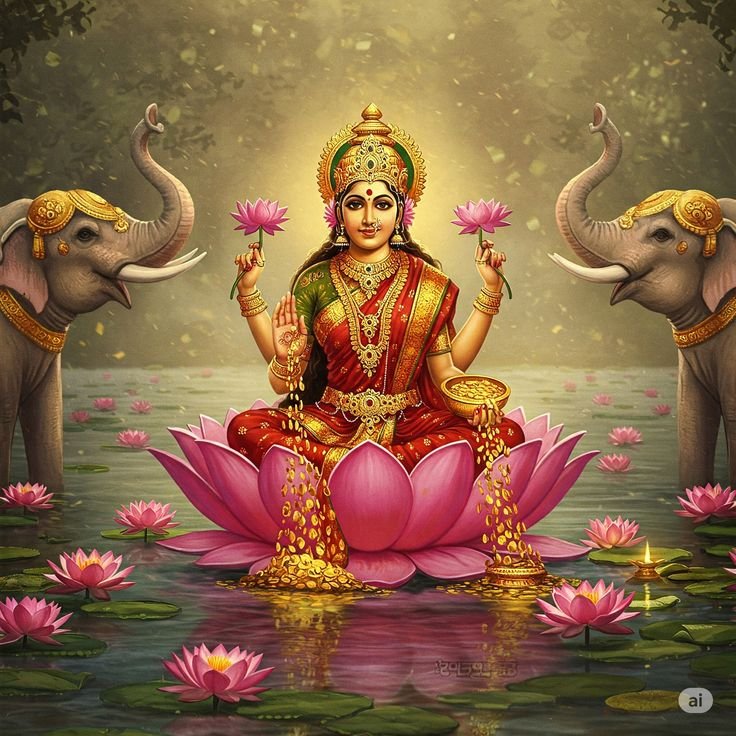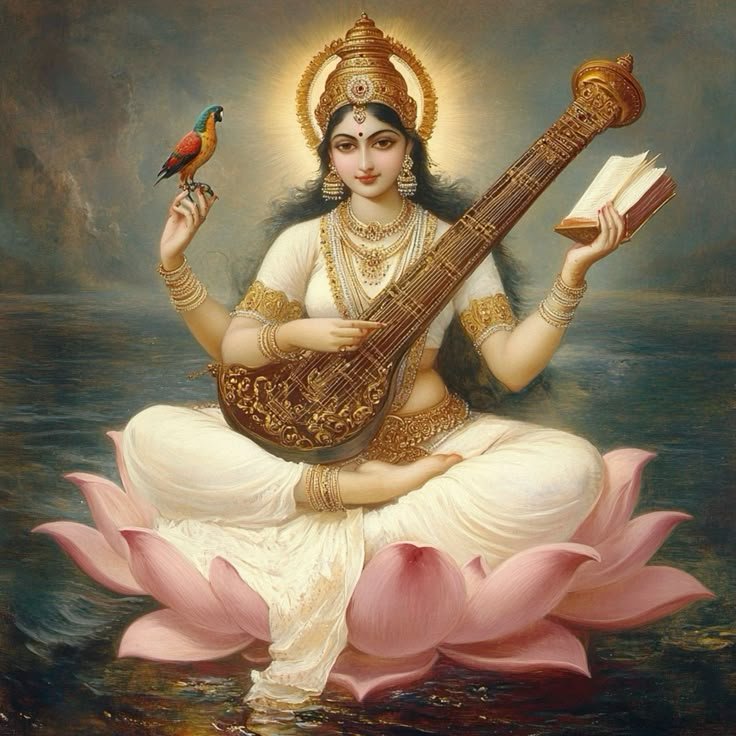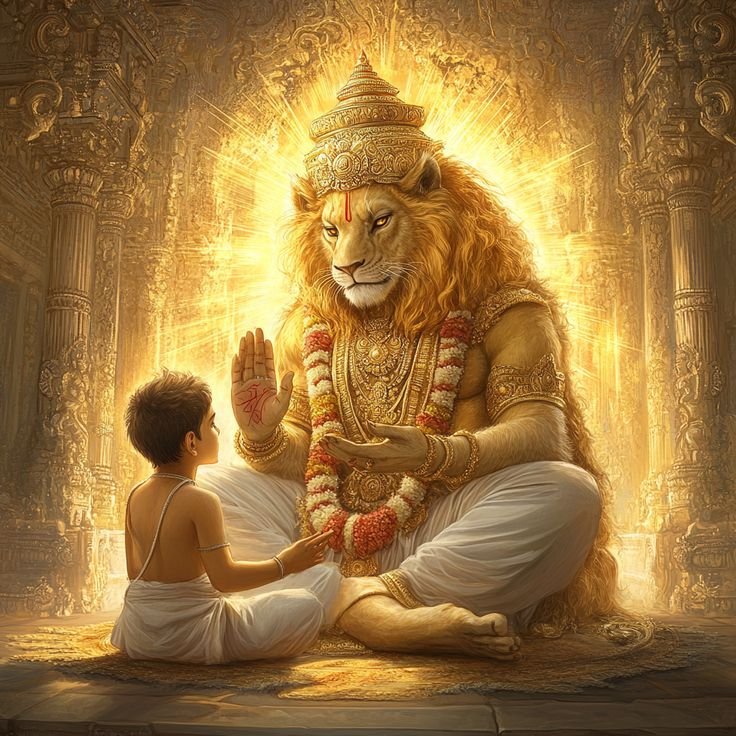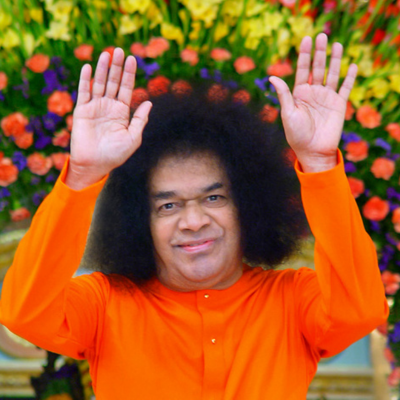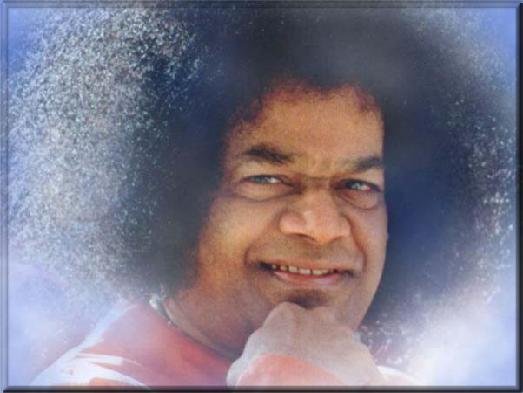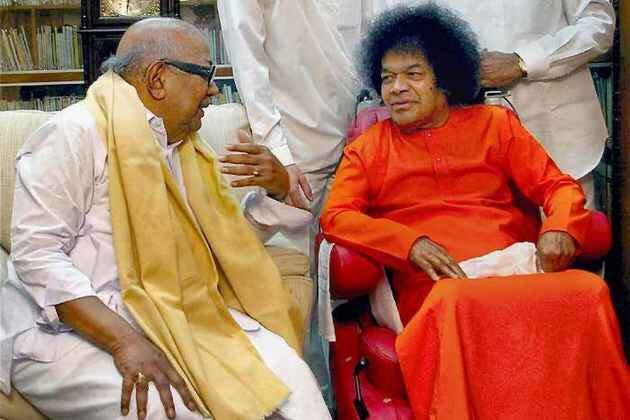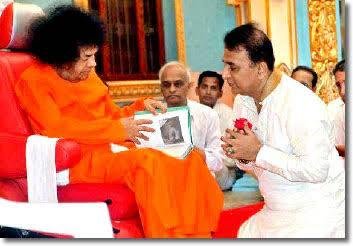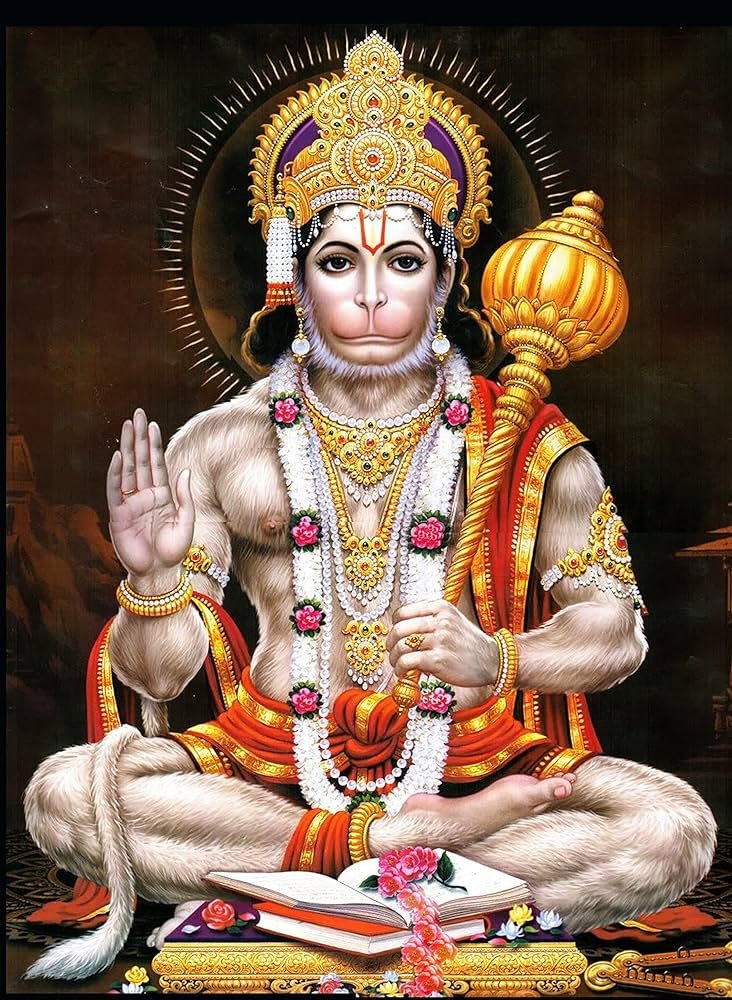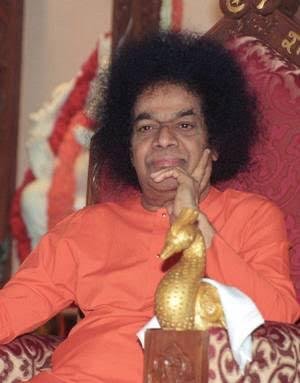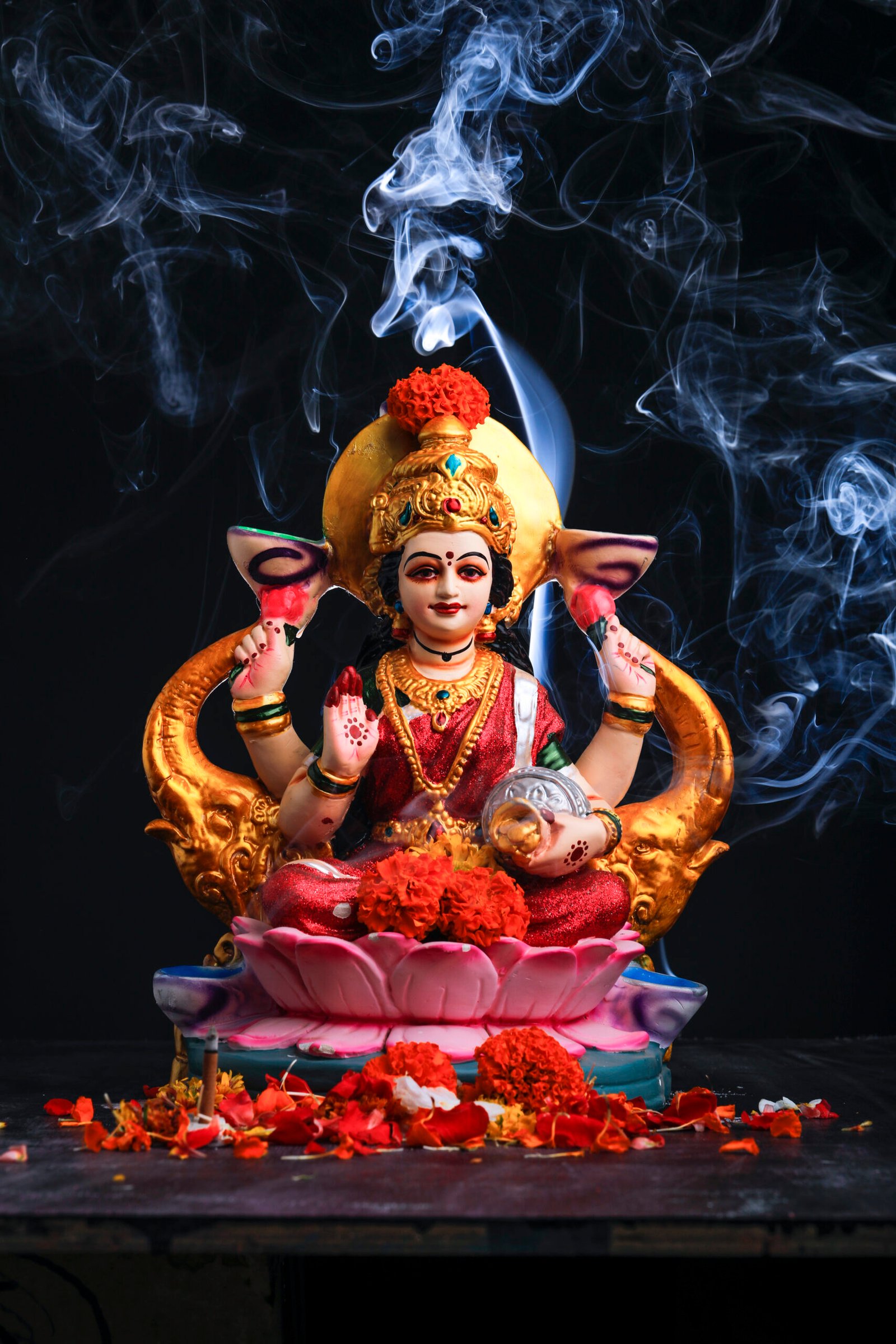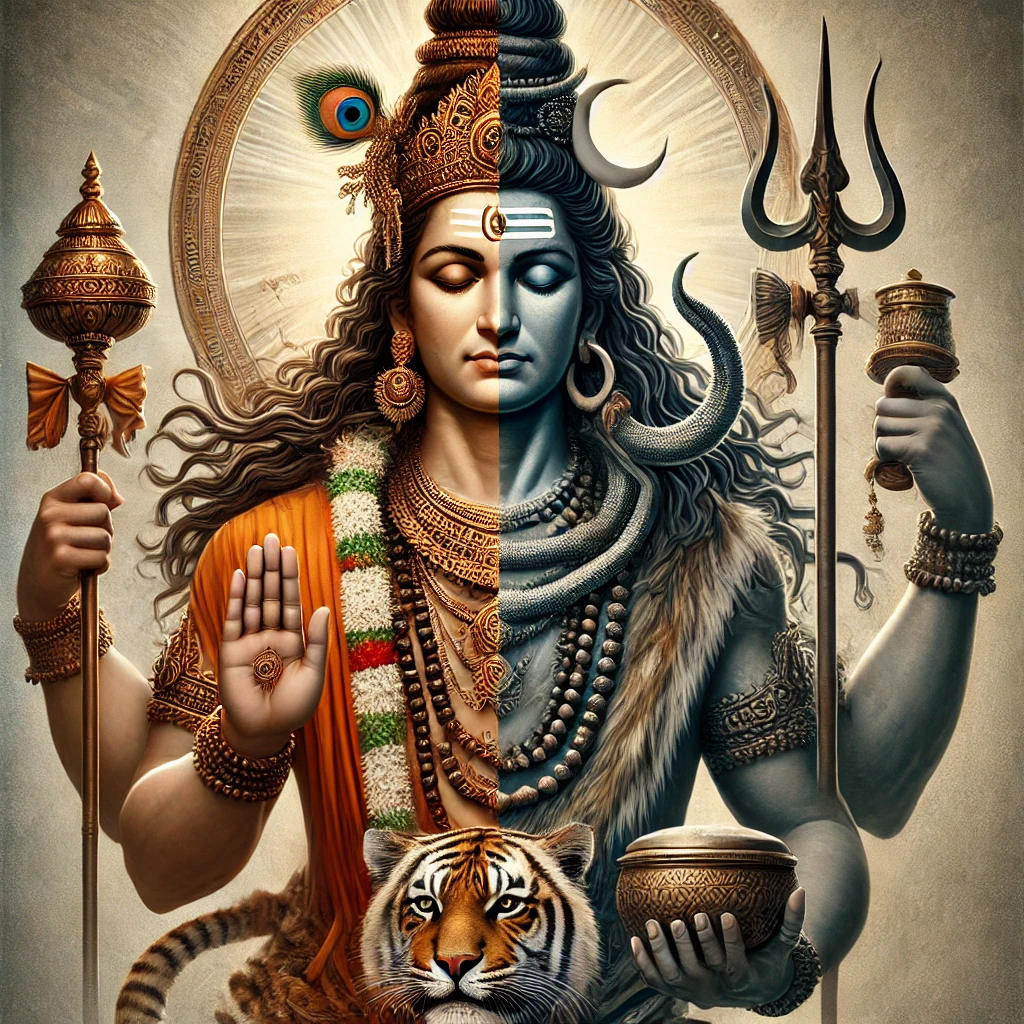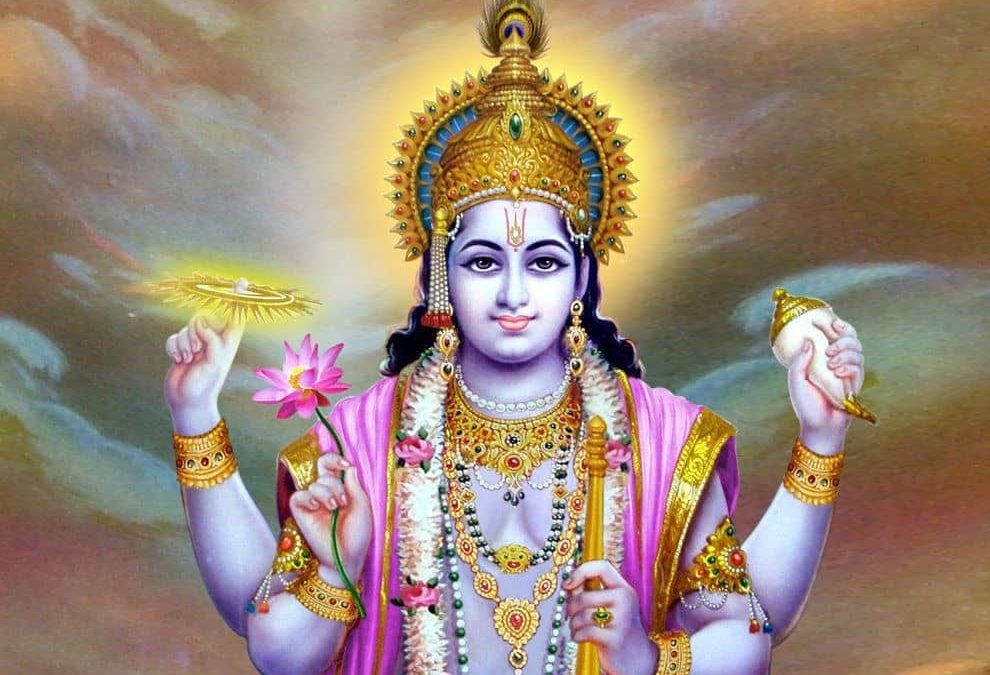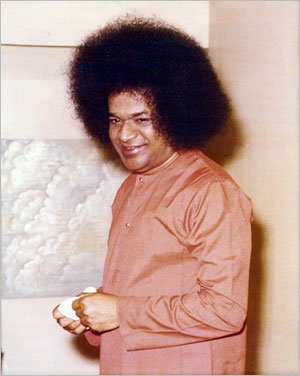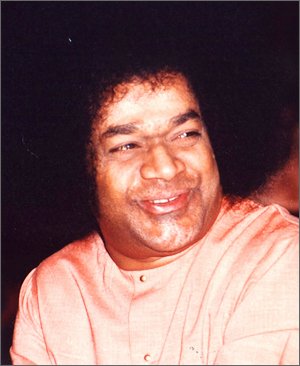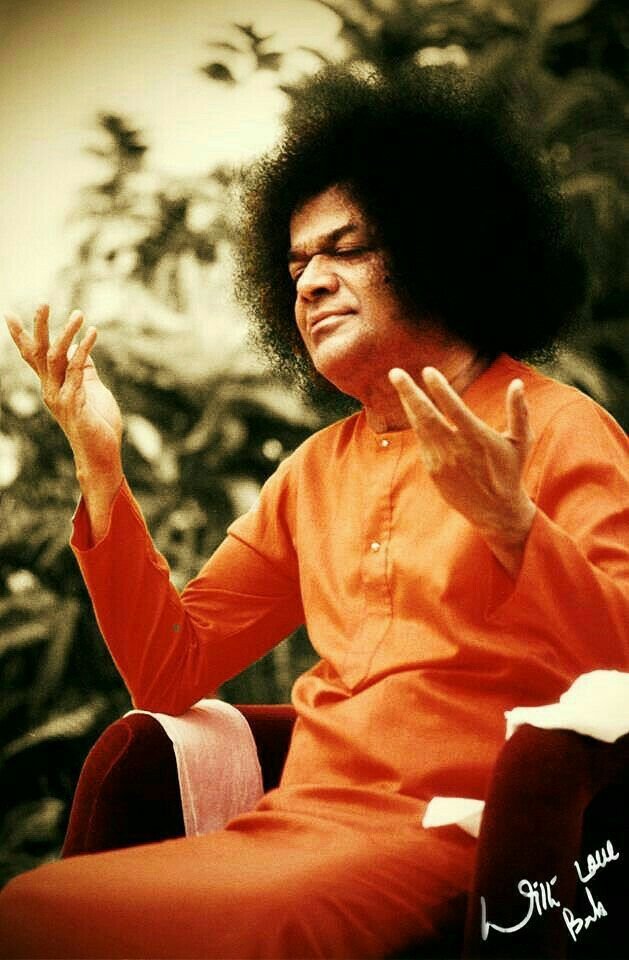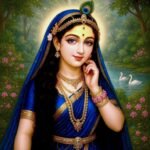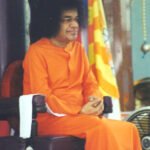Hindu Festivals Choti Diwali
Choti Diwali
Choti Diwali, also known as Naraka Chaturdashi, is celebrated a day before the main Diwali festival. It marks the victory of Lord Krishna over the demon Narakasura, symbolizing the triumph of light over darkness and good over evil. On this day, people wake up early, take ritual oil baths, and light lamps to ward off negativity. Homes are decorated with rangoli and diyas, and families perform puja to seek blessings for health, happiness, and prosperity. Choti Diwali sets the tone for the grand Diwali celebrations that follow, filling the atmosphere with joy, light, and festive spirit.
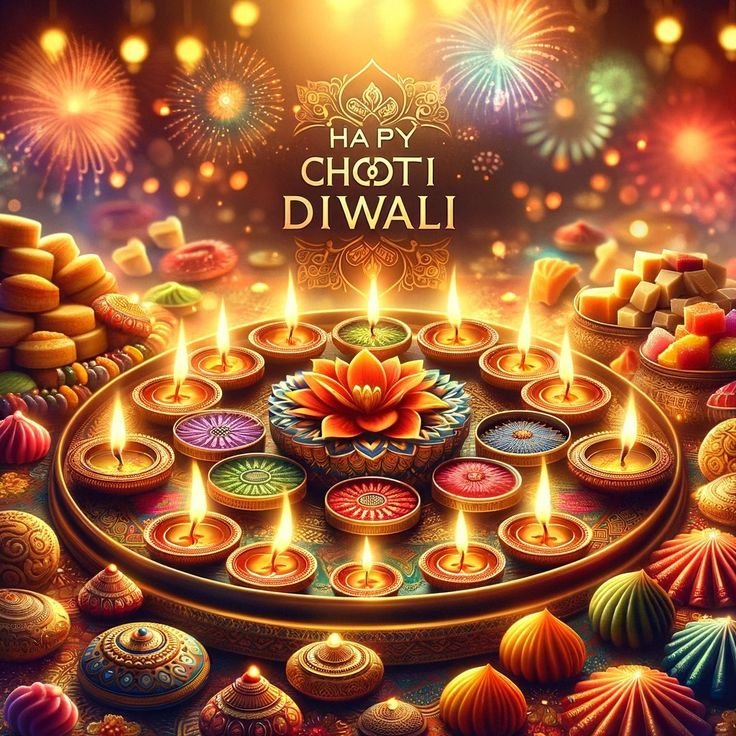


Choti Diwali, also called Naraka Chaturdashi, is celebrated a day before Diwali. It commemorates Lord Krishna’s victory over the demon Narakasura, symbolizing the triumph of light over darkness. People wake up early, take ritual baths, light diyas, decorate homes, and perform puja, welcoming happiness, prosperity, and festive joy into their lives.
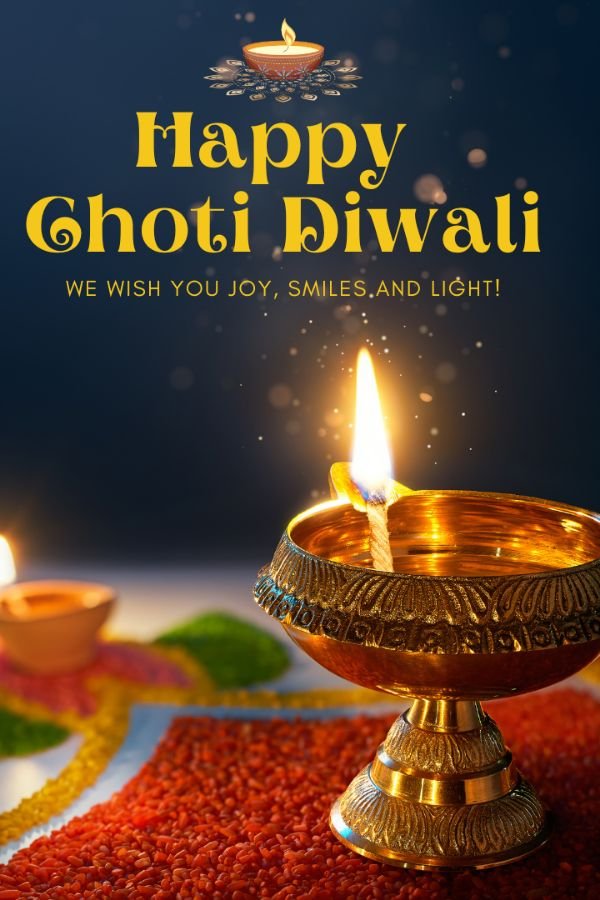

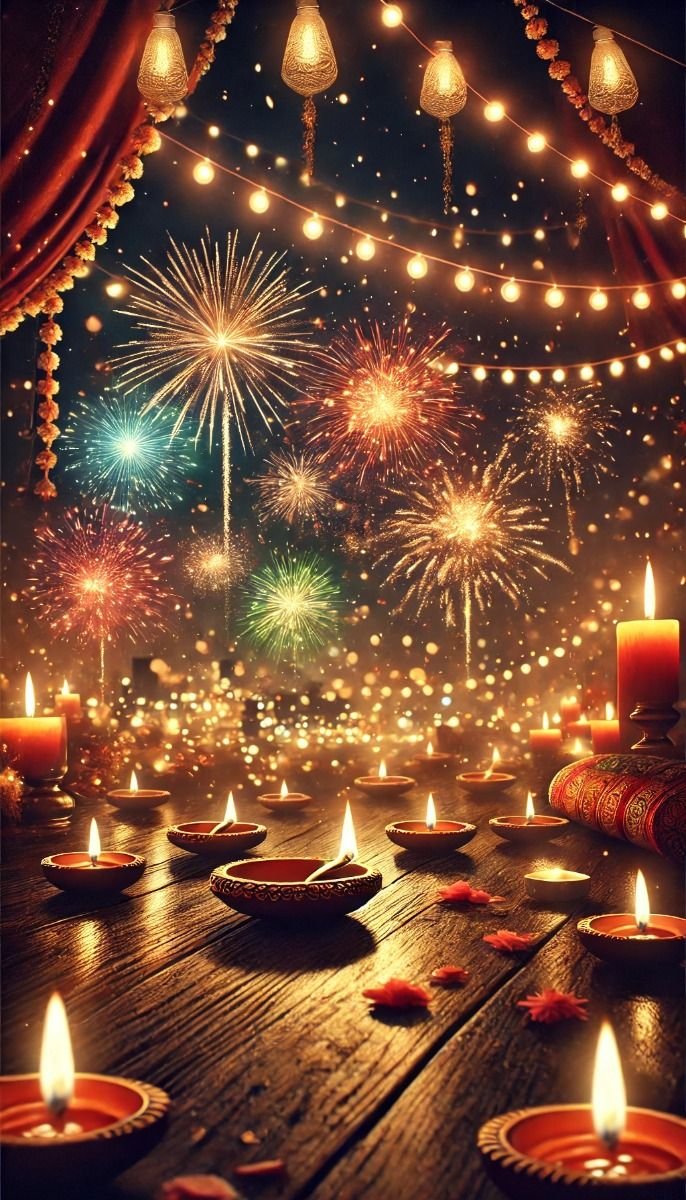


Rituals & Traditions of Choti Diwali
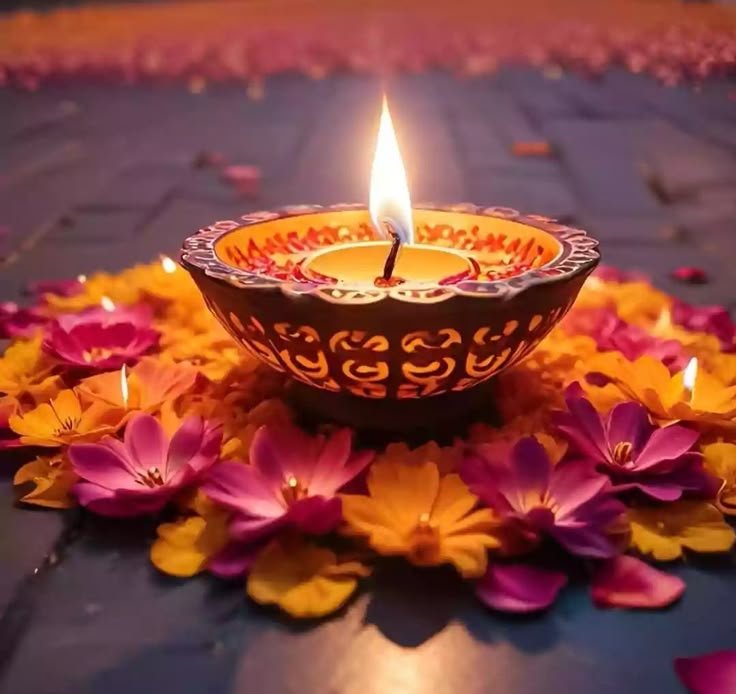
Choti Diwali, also called Naraka Chaturdashi or Roop Chaudas, is an important festival celebrated one day before the grand Diwali. It holds special cultural, spiritual, and mythological significance in Hindu tradition. According to ancient stories, this day marks the victory of Lord Krishna, Goddess Satyabhama, and Goddess Kali over the demon king Narakasura, who spread fear and darkness in the world. His defeat symbolized the victory of light, truth, and goodness over evil, lies, and darkness. People celebrate this occasion with great enthusiasm by starting their day early, taking a ritual oil bath, and wearing new clothes. It is believed that such practices cleanse the body and soul of negative energies and bring blessings of health, wealth, and happiness. Homes are cleaned thoroughly, decorated with colorful rangoli designs, flowers, and beautiful diyas to create a divine and joyful environment. Families perform special prayers, light lamps in every corner of the house, and share sweets with loved ones. In many regions, firecrackers are also burst in the evening to mark the victory of light. Choti Diwali is also called Roop Chaudas because people focus on self-care and beauty rituals to enhance their glow and inner positivity. This festival prepares everyone for the main Diwali celebration, spreading joy, unity, and prosperity while reminding us of the eternal message of good triumphing over evil.
Spiritual Importance & Cultural Significance
Choti Diwali, also known as Naraka Chaturdashi or Roop Chaudas, is celebrated with great joy and devotion one day before the main festival of Diwali. This occasion carries deep cultural, spiritual, and mythological significance in Hindu tradition. According to legends, it marks the day when Lord Krishna, along with Goddess Satyabhama and Goddess Kali, defeated the cruel demon king Narakasura, who had imprisoned thousands of innocent people and spread darkness, fear, and suffering across the world. His defeat is remembered as a symbol of the victory of light over darkness and good over evil. On this day, people wake up early in the morning, apply oil on their bodies, and take a ritual bath before sunrise, as it is believed to remove impurities, negative energies, and bring purity, health, and long life. Devotees wear new clothes, clean their homes, and decorate them with rangoli, flowers, and rows of shining diyas to welcome positivity, peace, and prosperity. In the evening, families gather to perform puja, light oil lamps in every corner of the house, and share festive sweets and gifts with relatives and friends. Many people also burst firecrackers to celebrate the joyous occasion. Choti Diwali is also called Roop Chaudas, as people observe beauty rituals and self-care practices to enhance both inner and outer radiance. More than just rituals, this festival spreads happiness, unity, and festive spirit, while preparing everyone for the grand celebrations of Diwali that follow. It reminds us of the eternal truth that goodness always wins over evil.
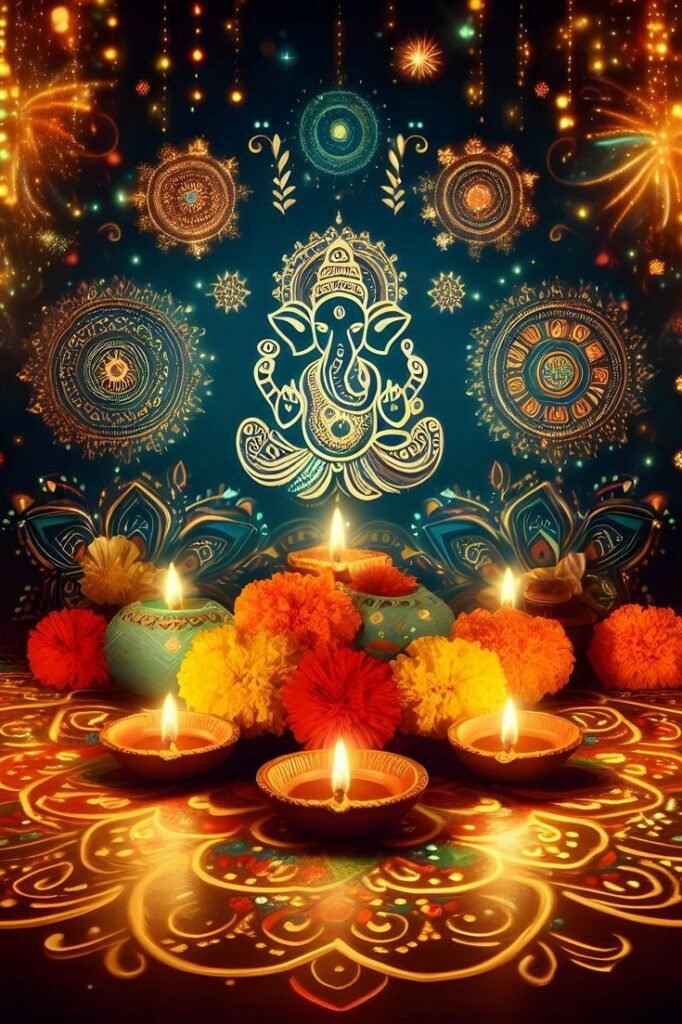

Food & Sweets & Modern Celebrations
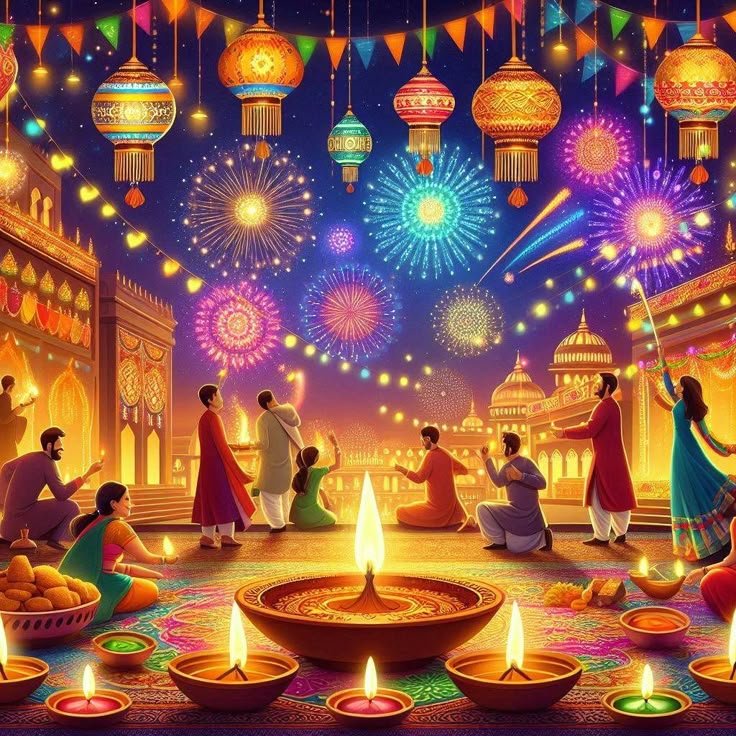
Diwali, also known as Deepavali, is one of the most important and widely celebrated festivals in India and by Indian communities around the world. Known as the Festival of Lights, Diwali symbolizes the triumph of light over darkness, good over evil, and knowledge over ignorance. The festival typically spans five days, with each day holding its own cultural and religious significance. The main day of Diwali is marked by lighting oil lamps (diyas), decorating homes with rangoli (colorful patterns), bursting firecrackers, and performing prayers to Goddess Lakshmi, the goddess of wealth and prosperity. People clean their homes, wear new clothes, and prepare a variety of sweets and snacks to share with family, friends, and neighbors. Diwali also holds historical and religious meaning across different faiths—Hindus celebrate the return of Lord Rama to Ayodhya after defeating Ravana; Jains mark the spiritual enlightenment (nirvana) of Lord Mahavira; Sikhs commemorate the release of Guru Hargobind Ji from prison. The festival promotes unity, generosity, and joy, making it a time for family gatherings, community bonding, and the renewal of hope and positivity for the year ahead.

